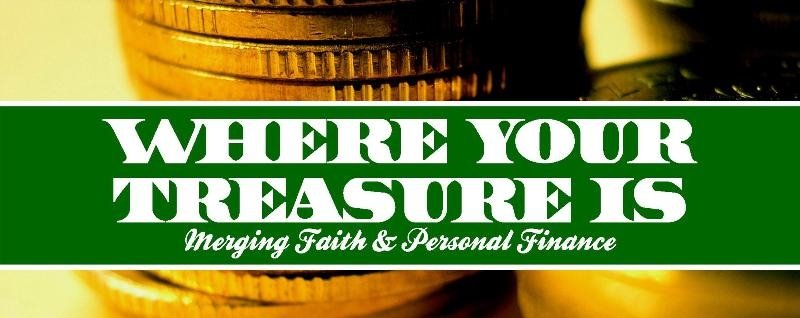If you think the "Latte Factor" is used several times in David Bach's book, the principle introduced in chapter three is used even more. In many ways, this step in his "automatic" plan is the basis for everything else.
 Now that you have found something (or several somethings) in your budget on which you "nickel and dime" yourself into the world of being broke, you can change that. Stop (or greatly curb) your spending on that item. Now you have freed up some money to pay down debt, and build wealth.
Now that you have found something (or several somethings) in your budget on which you "nickel and dime" yourself into the world of being broke, you can change that. Stop (or greatly curb) your spending on that item. Now you have freed up some money to pay down debt, and build wealth.The key, according to Bach, though is not just to cut out those small expenditures, it's to make sure you "Pay Yourself First."
By "first," he means "first!" Even before the government. If you work for a company that will help you by putting money out of your paycheck where ever you tell them to, you can easily do this. Simply call or email those in charge of this and ask them to put a certain percentage of your check into a retirement account.
Notice that Bach recommends a percentage, not a specific amount. The reason is really quite simple. If you get a raise, the amount you are putting away for retirement goes up proportionately with that raise.
You may say, "I'm already in debt and living paycheck-to-paycheck! How can I possibly put even 1% into retirement." The answer is this: you have cut your spending by finding your latte factor. Now you can live on less. Also, after just a couple of weeks of doing this, you will be amazed at how you don't even miss the money.
Finally, Bach recommends putting away more than you think you can. Challenge yourself. If you think you can only put away 2%, make it 3 or 4. If you think you can do 5%, make it 7 or 8. Again, after a few weeks, you won't miss the money anyway. And you will be taking advantage of compound interest over time. Also, if your company matches your retirement, make sure you are putting at least the amount they match away. If you fail to do so, you will be missing out on "free" money!
MY TAKE: Obviously, this "order" of doing things is not the same that Dave Ramsey would recommend. We have not even starting getting out of debt (officially) yet. Bach believes in doing both at the same time so that you will see little victories in both categories. While I agree with Ramsey on this one, Bach does make an interesting argument.

1 comment:
Due to compounding interest, I would agree with paying your retirement fund while paying down debt. That is the approach I take personally, paying toward retirement accounts while paying down school debt. However, this also shows the "personal" part of personal finance. We all should give to God liberally and first. Beyond that, it is personal decisions we make with our money, that may at times be different than others, but not at all be wrong!
Post a Comment